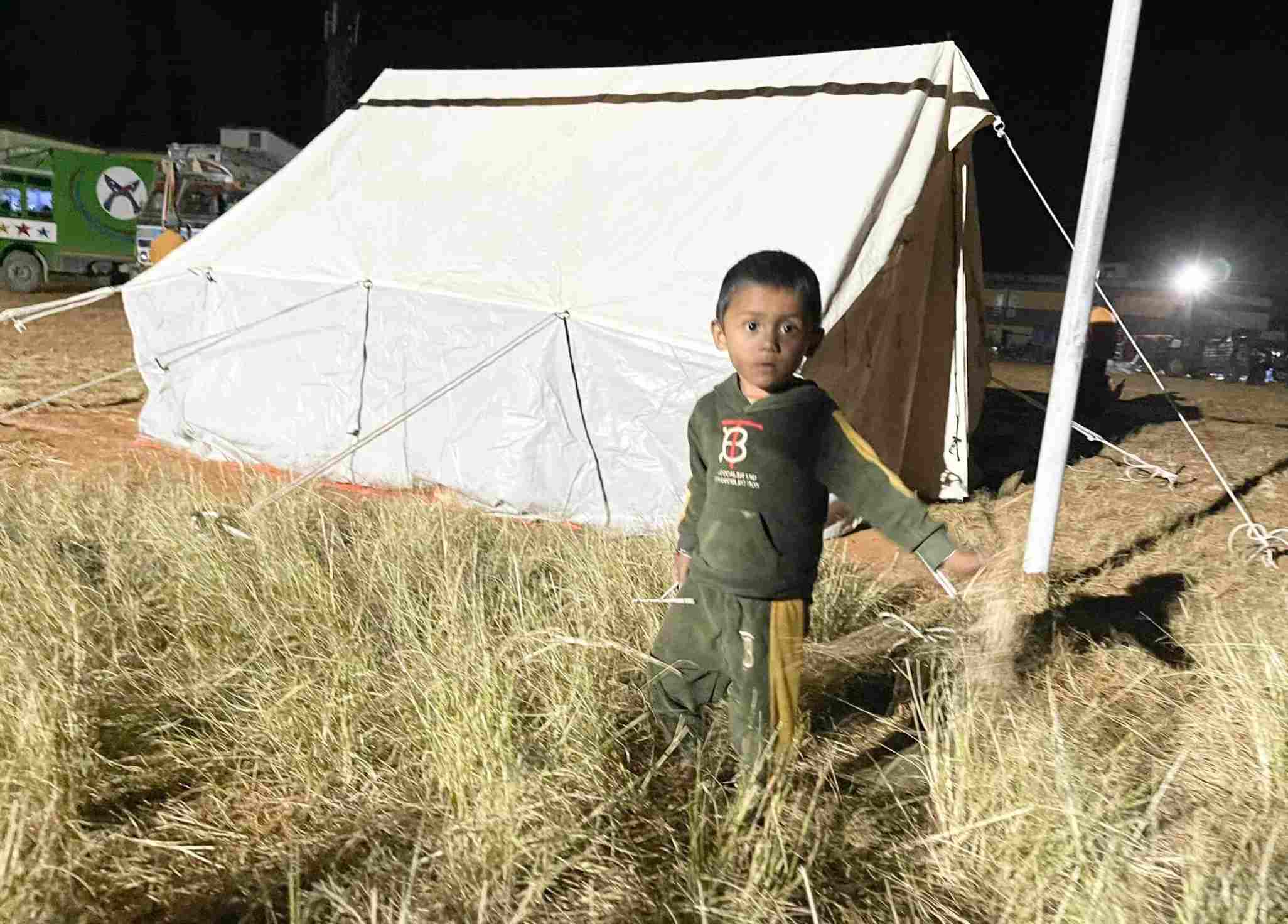Cross Cutting Issues
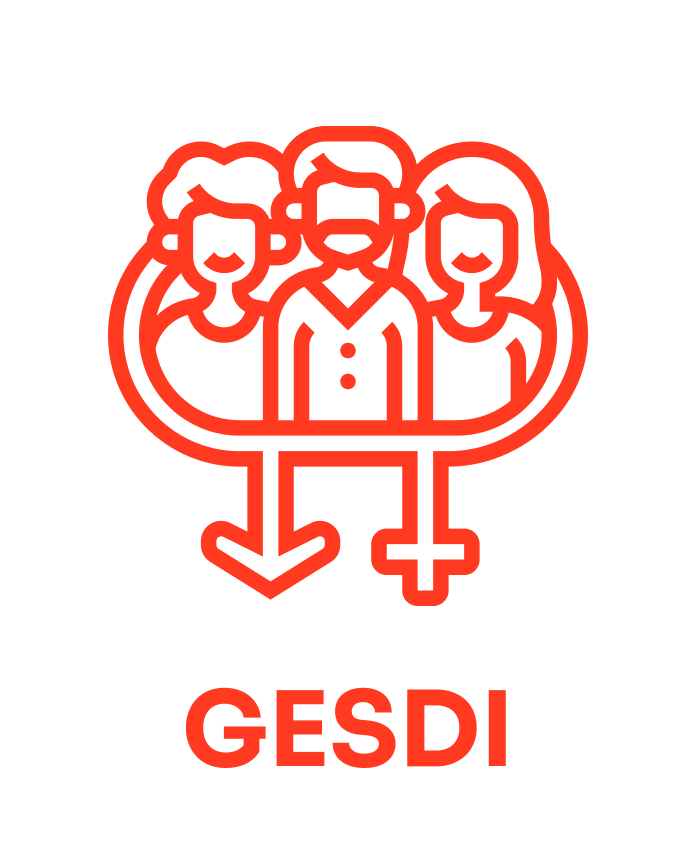
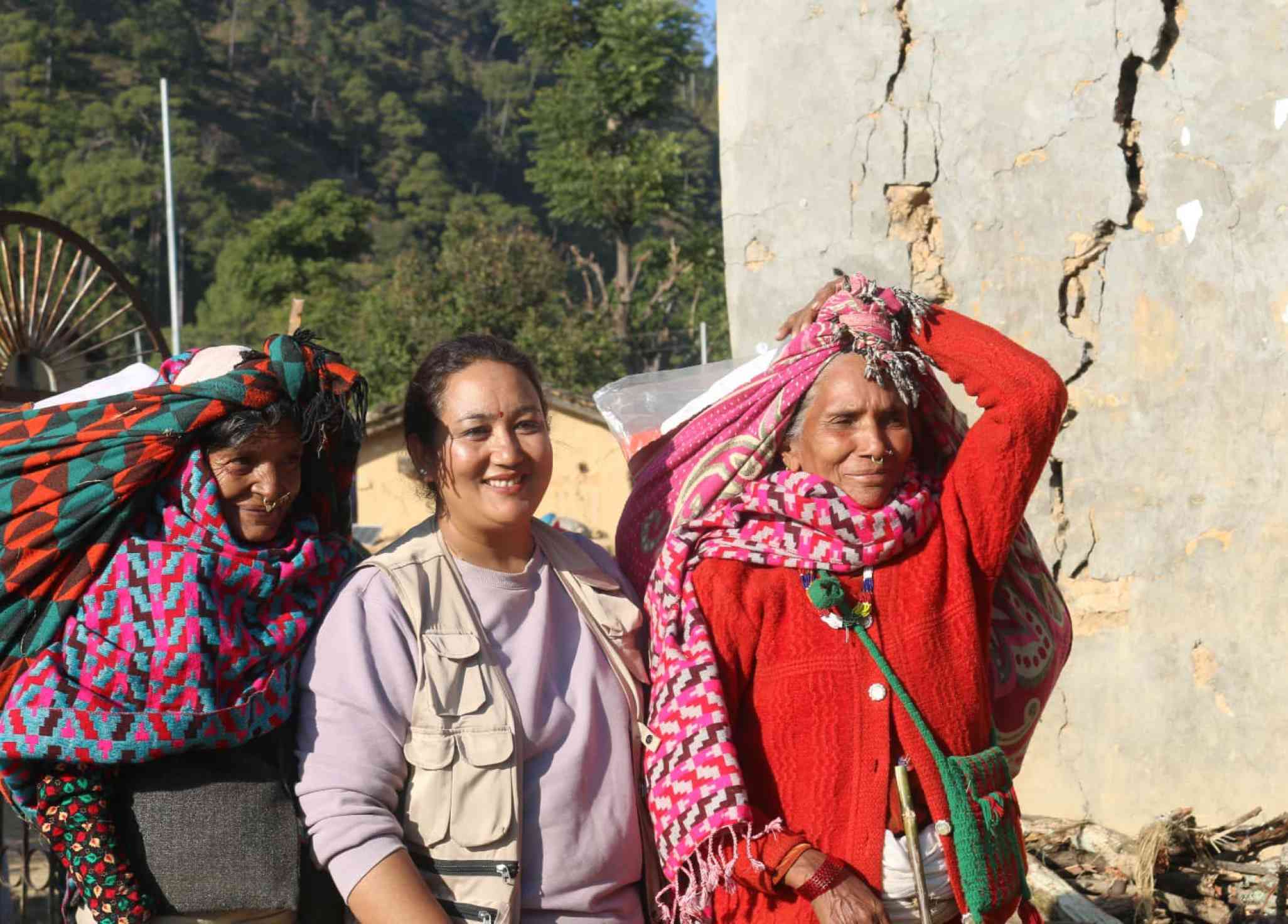
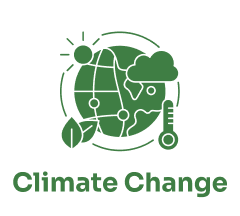
Climate change profoundly impacts Nepal's diverse landscapes and communities, exacerbating challenges in this mountainous country. Rising temperatures accelerate glacier melt in the Himalayas, increasing the risk of glacial lake outburst floods (GLOFs) and endangering downstream communities. Melting glaciers and changing weather patterns, marked by both droughts and heavy rainfall, underscore the urgent need for comprehensive strategies. These include climate-resilient infrastructure, sustainable agriculture practices, and robust disaster management systems. National efforts to reduce greenhouse gas emissions are essential in mitigating these impacts.
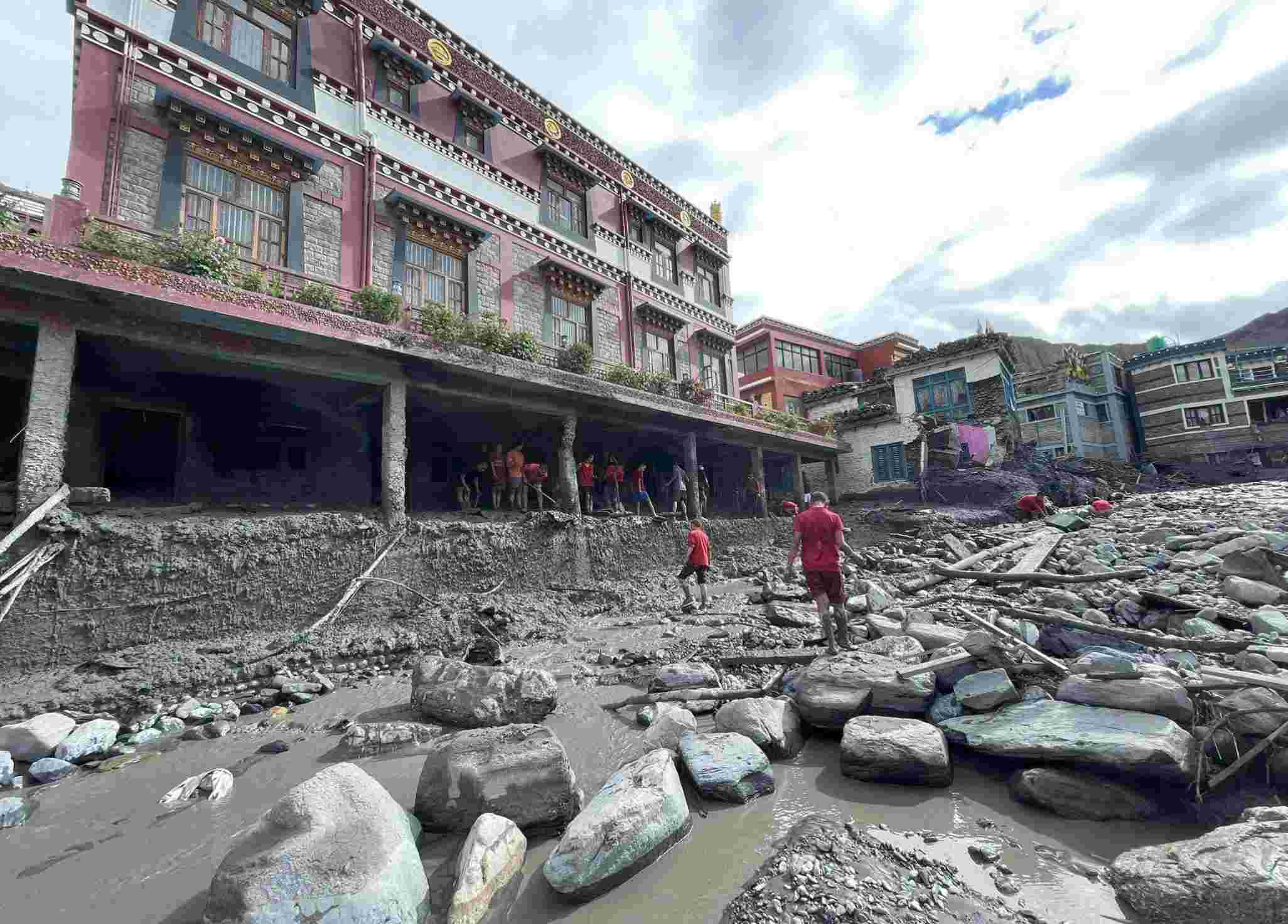
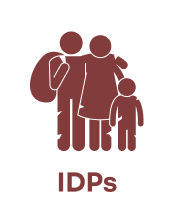
In Nepal, disasters such as earthquakes, tornadoes, landslides, floods, avalanches, glacial lake outburst floods (GLOFs), droughts, epidemics, and wildfires cause significant internal displacement, creating urgent needs for IDPs. VCN responds with immediate relief, providing food, non-food items, and medical care services. We also focus on long-term recovery by rebuilding homes, offering vocational training, and ensuring education for displaced children. Effective coordination with the government and other partners is crucial, as is advocacy for IDP rights. Continuous monitoring, feedback, capacity-building, legal support, disaster preparedness, and inclusive approaches ensure comprehensive support for all affected individuals.
